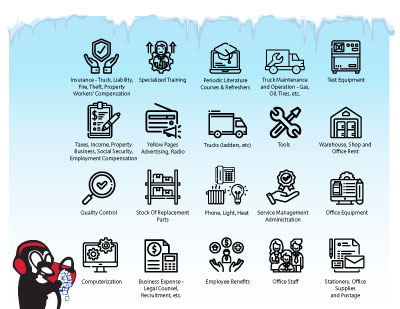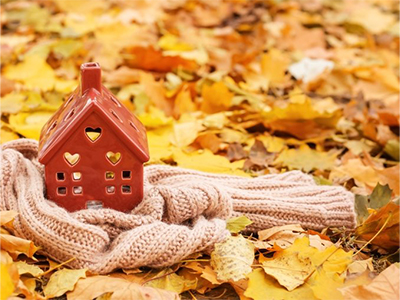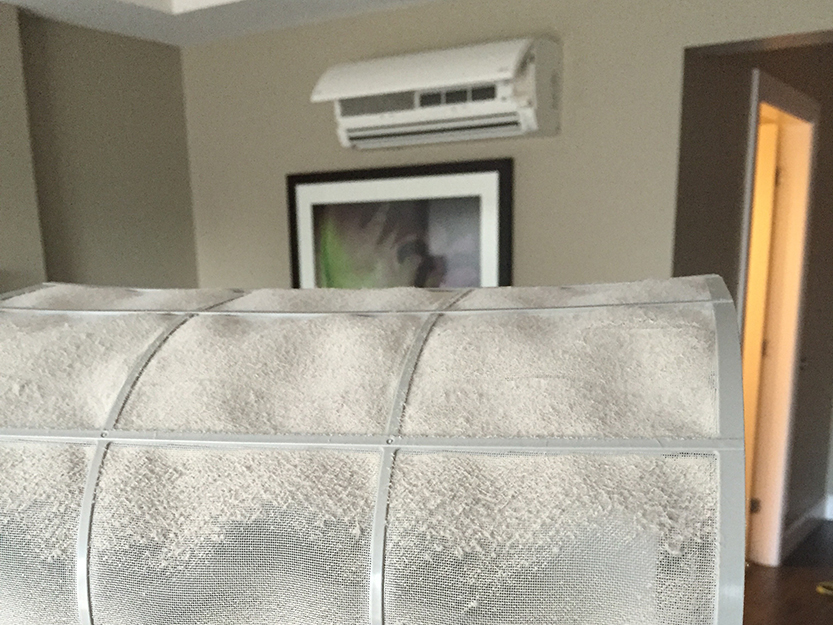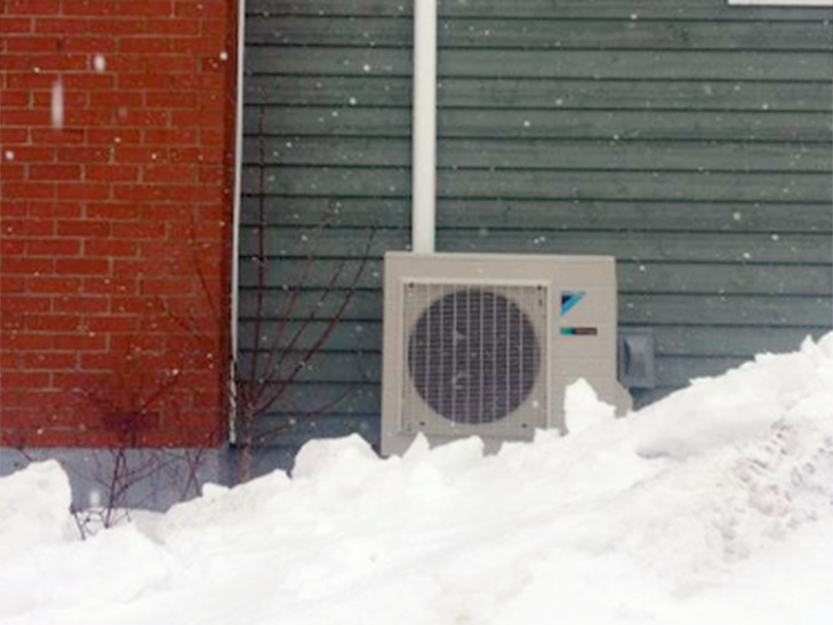As the temperatures rise and summer sets in, your HVAC system is about to become one of the hardest-working parts of your home. A little preparation now can go a long way in ensuring your air conditioning runs smoothly, efficiently, and reliably when you need it most.
Here’s your go-to checklist to get your home’s HVAC system summer-ready:






























